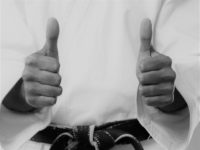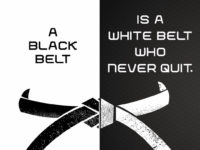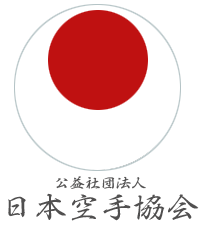Masters of the JKA of the 1960's show the sequences shot since the early 60's in black and white in super 8 mm. This special video is invaluable as a point of reference for those who practice traditional Shotokan Karate. With this video you can learn first hand how and why the JKA came to develop such powerful techniques.
JKA Masters 1960’S Vol1
Masters of the JKA of the 1960's show the sequences shot since the early 60's in black and white in super 8 mm. This special video is invaluable as a point of reference for those who practice traditional Shotokan Karate. With this video you can learn first hand how and why the JKA came to develop such powerful techniques.
Masatoshi Nakayama Shotokan Karate
Masatoshi Nakayama (April 13, 1913 – April 15, 1987) was an internationally famous Japanese master of Shotokan karate. He helped establish the Japan Karate Association (JKA) in 1949, and wrote many textbooks on karate, which served to popularize his martial art. For almost 40 years, until his death in 1987, Nakayama worked to spread Shotokan karate around the world. He was the first master in Shotokan history to attain the rank of 9th dan while alive, and was posthumously awarded the rank of 10th dan.
Master Funakoshi 1924 Vintage Footage
Gichin Funakoshi (November 10, 1868 – April 26, 1957) is the founder of Shotokan Karate-Do, perhaps the most widely known style of karate, and is attributed as being the "father of modern karate". Following the teachings of Anko Itosu and Anko Asato, he was one of the Okinawan karate masters who introduced karate to the Japanese mainland in 1922. He taught karate at various Japanese universities and became honorary head of the Japan Karate Association upon its establishment in 1949.
A day at JKA HQ
The Japan Karate Association, as a Karate-dō Public Interest Corporation based on the approval of the Ministry of Education approved (Commission No. 180) in April 10, 1953, has been a popularisation and guidance of Karate-dō in both domestic and international countries, but in Japan, we believe that it is the responsibility to inherit and develop the precious martial arts culture that was born and raised in the right way.
To contribute to the improvement of the posture of the people and the recharge of a sound martial arts spirit by using the research and guidance of the Karate-dō to improve its skill and spread self-discipline. It also aims to contribute to world peace by disseminating the spirit of Japanese martial arts which respects courtesy to all over the world.
Moving Zen

Karate Belt Colours

